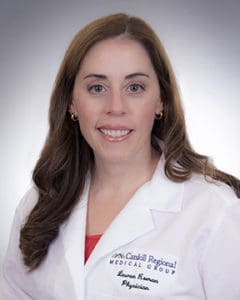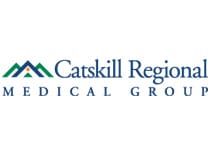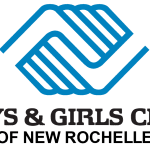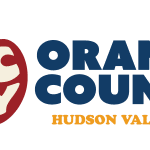Smoking is an independent major risk factor for many things, including heart disease and stroke. In fact, incidence of heart attack is increased six fold in women and three fold in men who smoke at least 20 cigarettes a day, compared to those who do not smoke. It is also important to note that this is what is known as a dose-dependent relationship, meaning the more you smoke, the worse your risk. Every cigarette makes a negative impact on your health. Here are answers to some of the most common questions I receive about smoking.
IS IT THE NICOTINE?
Nicotine is probably not the only reason people get hooked on smoking, but it is certainly one of the top reasons why it is so difficult to quit smoking. Nicotine binds to receptors in our brains and other sites in the body and enhances the release of various neurotransmitters like adrenaline. It is nicotine’s interaction with these receptors that is responsible for the addiction.
ARE E-CIGS OR VAPING A HEALTHIER ALTERNATIVE?
Although data is limited on these types of alternatives, there is mounting evidence that leads us to believe that these are not safe alternatives. In fact, they may be more damaging. I do not recommend either as replacement therapy for people trying to quit smoking.
WHAT IS THE MOST EFFECTIVE WAY TO QUIT?
Effective quitting is different for everybody. One patient may do well with nicotine replacement, whereas another may do well with a medication program. Others may do well just going cold turkey. Some people have had great success with counseling, while still others have seen the benefits of alternative methods like hypnosis and acupuncture.

Catskill Regional Medical Group Primary Care Physician
Regardless of which method you apply, support systems are absolutely key for success. Let the people around you know that you are trying to quit and why – family, friends and even coworkers. The people you see every day can help you stay accountable and keep your goals in sight. Organized support groups through local health care facilities or at churches and community centers can also extend your network of support.
SHOULD I TALK TO MY DOCTOR?
Absolutely! In fact, it’s been shown that patients who talk to their healthcare providers about quitting, or those patients who are encouraged and enabled to quit by a health care provider, are often more likely to quit. As medical professionals, we can prescribe cessation medication management, and can also recommend other methods to help you quit, including referrals for behavioral counseling.
HOW QUICKLY WILL I SEE RESULTS?
Immediately! Not only does anecdotal evidence indicate that many people report feeling better within days of quitting smoking, but it is proven that quitting smoking before the age of 50 cuts your risk of dying over the next 15 years in half. Quitting smoking can also reduce your risk of dying from heart disease by 50% in just one year and continues to decline over time. Studies have also shown that the risk of heart attack was reduced to the rate of non-smokers within two years of quitting smoking.
This is similar with lung disease. Although serious lung damage already sustained due to smoking is largely irreversible, you limit further damage by quitting. Many smokers with a chronic cough and sputum, also note improvement in these symptoms within the first year of stopping smoking. You can also expect an overall reduction in the risk of cancers, peptic ulcer disease, osteoporosis, rheumatoid arthritis and the list goes on and on.
The bottom line is: The earlier you quit, the greater the benefits. Keep in mind that you are also benefitting those closest to you by quitting, as we now know that second hand smoke is responsible for a number of serious health conditions. Anyone who intends to quit smoking is welcome to contact Catskill Regional Medical Group for assistance. Our network of care, which includes Catskill Regional medical Center, is here to assist you by providing access to a number of resources proven effective in smoking cessation.
Lauren S. Roman, MD
Dr. Lauren S. Roman is Board-certified in Family Medicine and is a life-long Sullivan County resident. She received her medical degree from the University at Buffalo School of Medicine and Biomedical Studies and completed her internship and residency at the Carl R. Darnall Army Medical Center at Fort Hood, Texas.
About Catskill Regional Medical Group
Catskill Regional Medical Group (CRMG) is part of the Greater Hudson Valley Health System, comprised of the well-established and highly regarded Orange Regional Medical Center and Catskill Regional Medical Center. CRMG is a growing Urgent Care, Primary Care and multi-specialty, Hospital-supported medical practice. With Board-certified Physicians, Board-certified Family Nurse Practitioners and Board-certified Advanced Practice Professionals, our staff provides outpatient care servicing Orange, Sullivan, Ulster Counties and beyond. Walk-ins are welcome and same day appointments are available at offices in Callicoon, Harris, Livingston Manor and Monticello. For more information including office hours, visit www.catskillregionalmedicalgroup.org




